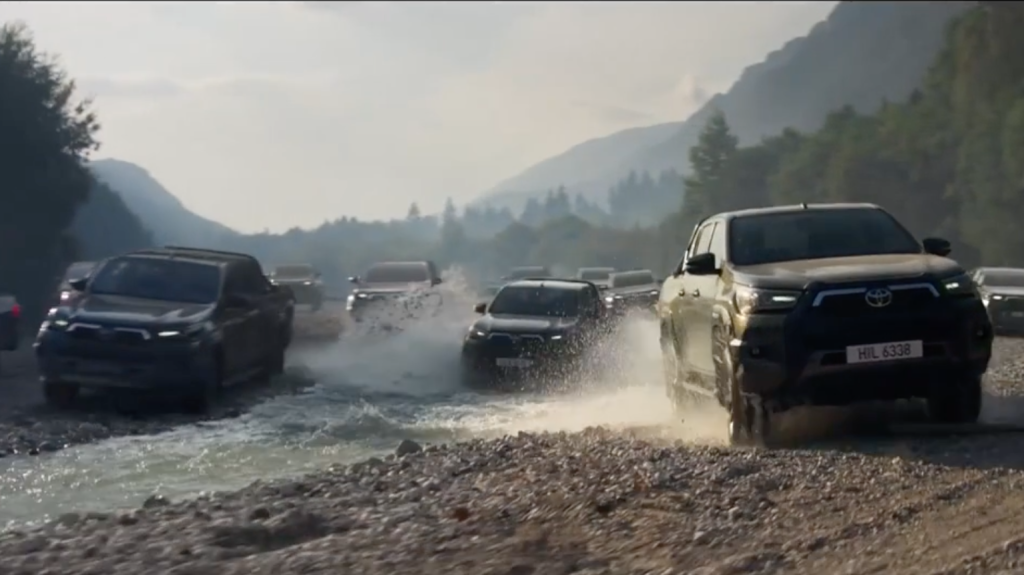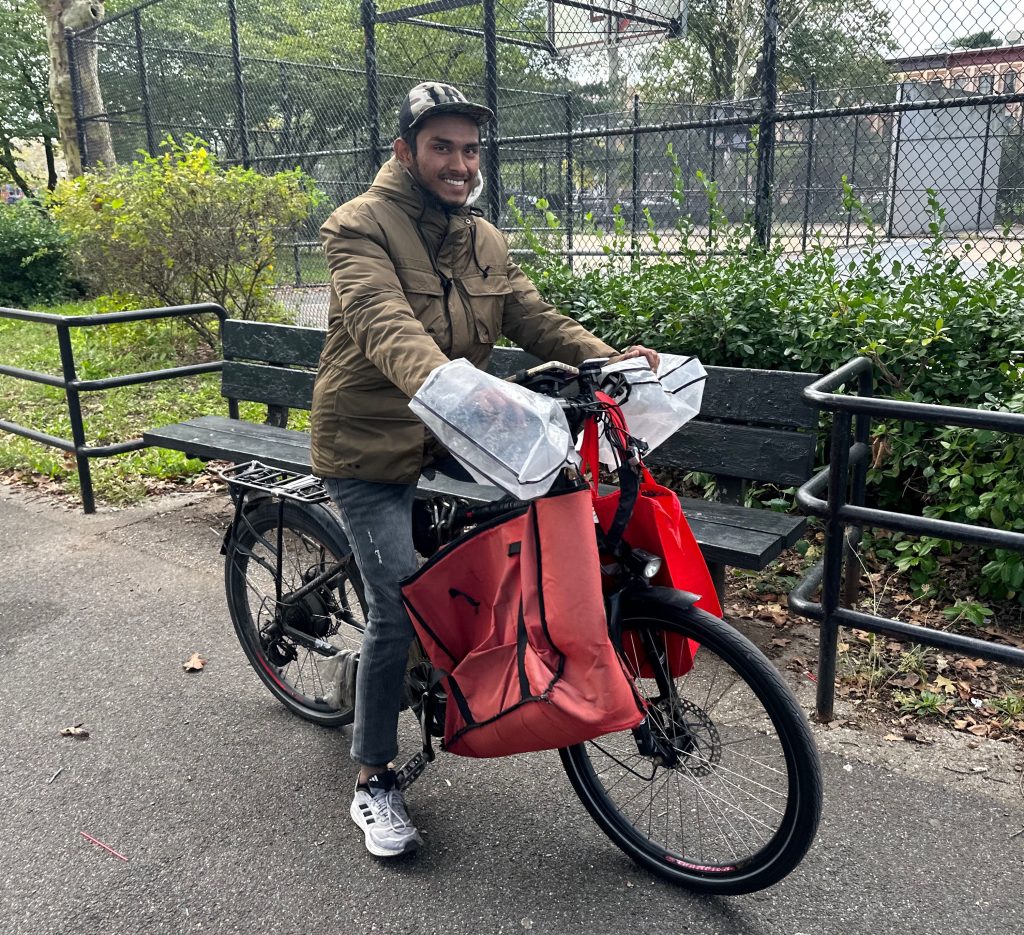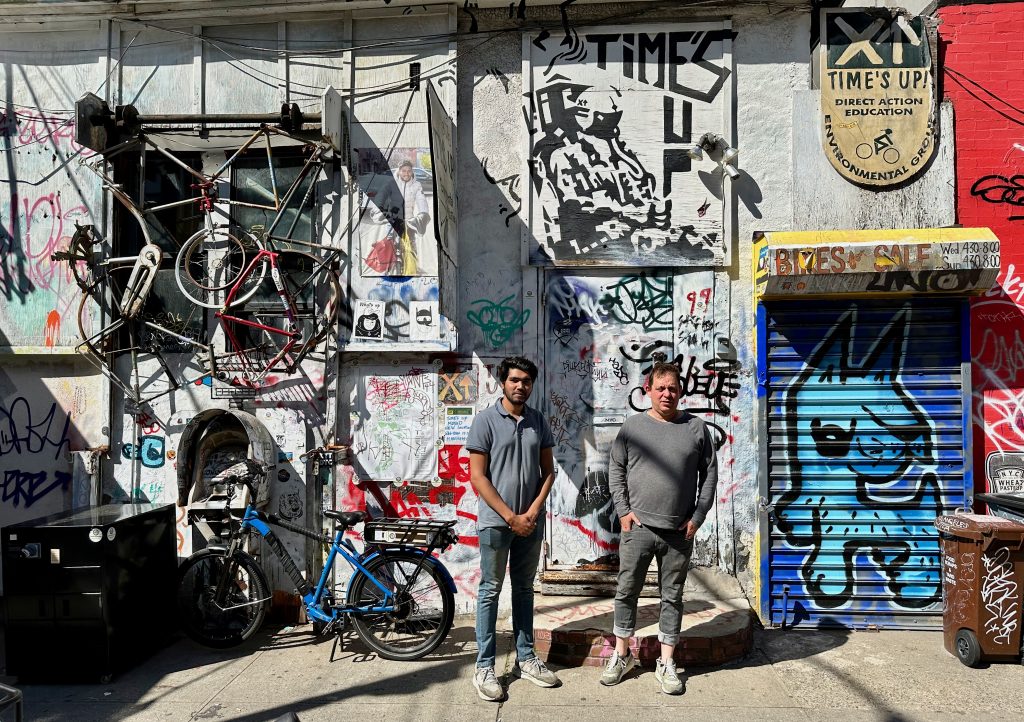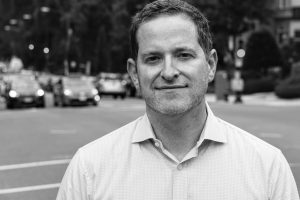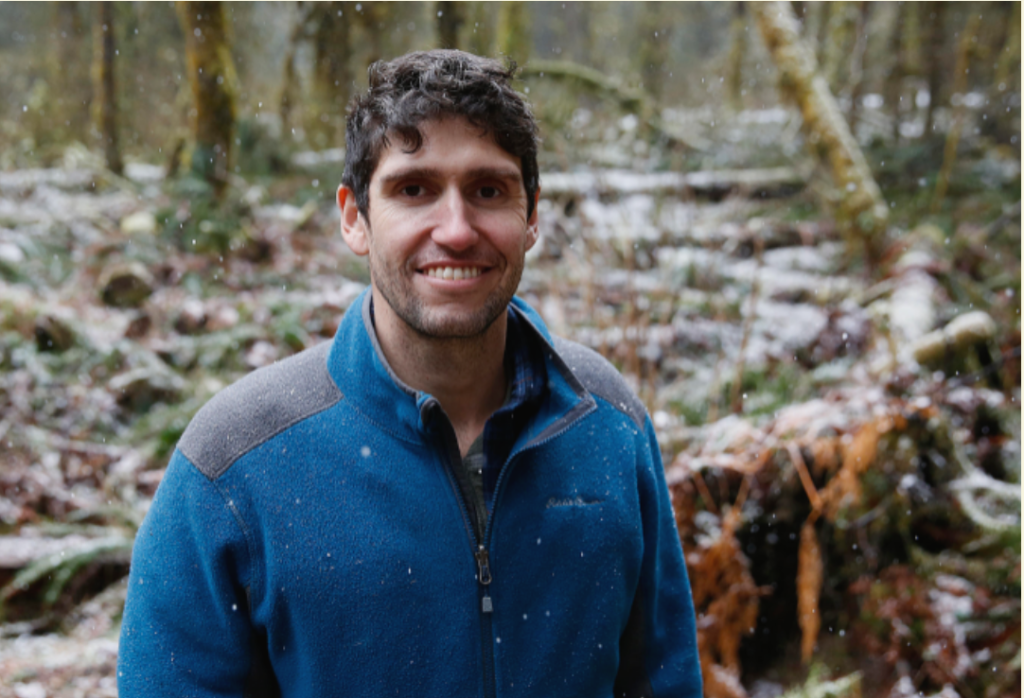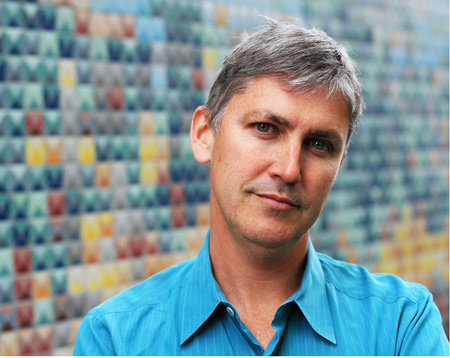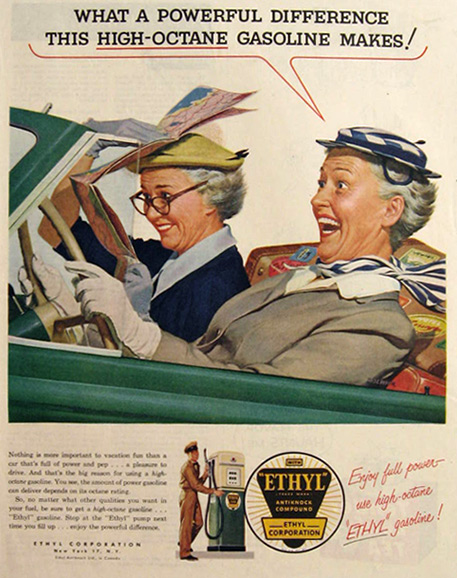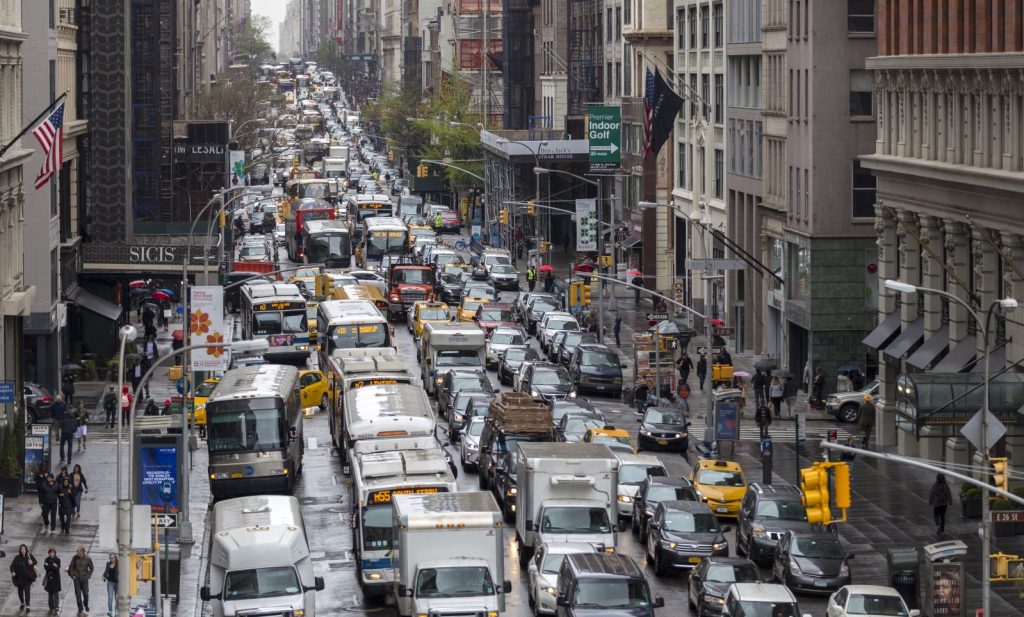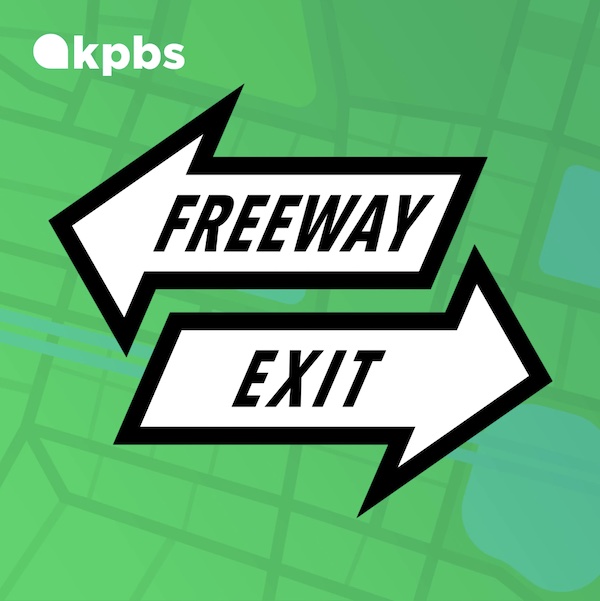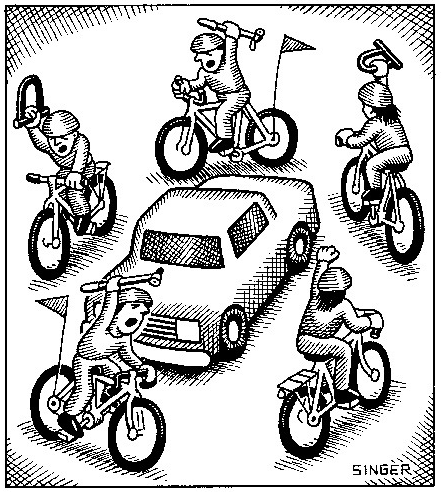
This year, 2023, marks the hundredth anniversary of the invention of leaded gasoline. Of all the many harms that the automobile has imposed on the environment and humanity over the last century, the effects of leaded gasoline have to be pretty close to the top of the list.
Science and industry were well aware of the dangers of lead in the 1920s. But adding small amounts of tetraethyl lead to motor fuel made internal combustion engines work better, and that made it possible to turn the automobile into a viable mass market product. As a result, pretty much every American born between 1960 and 1980 was, to some extent, poisoned by lead.

Back in March, bestselling author Steven Johnson wrote a somewhat mind-blowing essay in the New York Times Magazine titled, “The Man Who Broke the World.” In it, Steven told the story of Thomas Midgley, Jr., the chemical engineer who not only invented leaded gasoline — he also invented the chemical compound that made modern refrigeration possible. As with lead (branded as Ethyl to sound innocuous), Midgley’s miraculous chlorofluorocarbons unleashed an almost unbelievably destructive set of unintended consequences. Four decades after their invention, scientists discovered that CFCs were burning holes in the ozone layer of Earth’s upper atmosphere and quite literally threatening human life on Planet Earth.
We’ve been wanting to do an episode on leaded gasoline for a while now. This conversation with Steven accomplishes that and goes so much further, weaving together so many different threads. It was a lot of fun and we hope you enjoy it.
You can find the full transcript of this episode here.
***Support The War on Cars on Patreon and receive access to ad-free versions of all our episodes, exclusive bonus content and stickers.***
This episode is produced with support from Cleverhood. Listen to the episode for the latest Cleverhood discount code.
LINKS:
“The Man Who Broke the World” by Steven Johnson for the New York Times Magazine, March 15, 2023.
Find more of Steven Johnson’s work on his website.
Subscribe to Steven’s newsletter, Adjacent Possible.
Find all thirteen of Steven’s books here. War on Cars fans will enjoy The Ghost Map — it’s a page-turner of a mystery/thriller about urban planning and epidemiology. You can buy Steven’s books at our Bookshop.org store.
Interested in digging deeper into the history of leaded gasoline? Check out Toxic Truth by Lydia Denworth.
Buy official War on Cars merch at our store.
Find us on Mastodon, Bluesky, Instagram, Facebook, Threads, and whatever godforsaken new social media platform pops up next.
Follow and review us on Apple Podcasts.
TheWarOnCars.org
Check out this episode!
